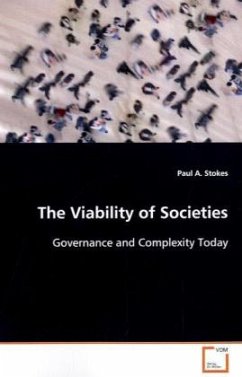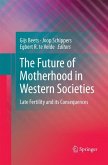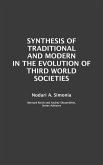The book is about explaining and understanding the
twin processes of cohesion and fragmentation in
contemporary societies and the challenges to both
governance and identity posed by these antinomic
processes.
It does this by demonstrating that a new way of
thinking and a new set of concepts drawn the realms
of cybernetics and communication can build a more
effective sociological theory than has been possible
up to now.
It sets out to explain why this is so and what must
happen to change it for the better. To this end it
also constructs a narrative about human society as
the ongoing outcome of control attempts by people at
varying levels of social complexity, attempts which
produce a recursive hierarchy of nested levels of
social organisation, from the individual up through
social networks, groups and organisations through to
the nation state and beyond.
The key themes of the book are: identity, governance,
identity, communication & control in complex
societies and the future of human society.
twin processes of cohesion and fragmentation in
contemporary societies and the challenges to both
governance and identity posed by these antinomic
processes.
It does this by demonstrating that a new way of
thinking and a new set of concepts drawn the realms
of cybernetics and communication can build a more
effective sociological theory than has been possible
up to now.
It sets out to explain why this is so and what must
happen to change it for the better. To this end it
also constructs a narrative about human society as
the ongoing outcome of control attempts by people at
varying levels of social complexity, attempts which
produce a recursive hierarchy of nested levels of
social organisation, from the individual up through
social networks, groups and organisations through to
the nation state and beyond.
The key themes of the book are: identity, governance,
identity, communication & control in complex
societies and the future of human society.








